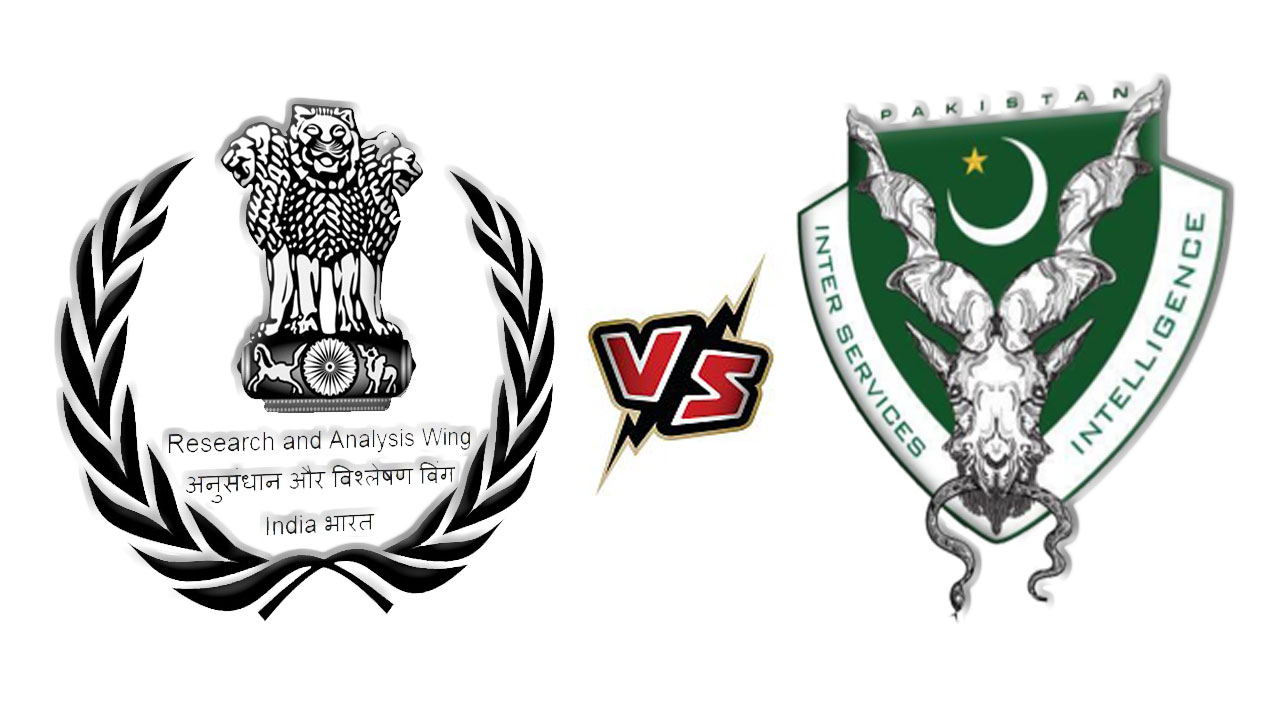“CAA Impact Analysis: Alleged Non-Muslim Impersonators and Suspected Espionage for Pakistan in India”
Mumbai: Prime Minister Narendra Modi pushes for the implementation of the Citizenship Amendment Act (CAA), a cloud of controversy envelops the political landscape. Critics question the timing, speculating on the strategic advantage it may offer the government in the upcoming Lok Sabha elections. However, the implications extend beyond political gains, raising concerns about the long-term consequences and financial burdens on Indian taxpayers.
“DISADVANTAGES OF CAA” EXAMPLE VIDEO
The CAA’s focus on granting Indian citizenship to non-Muslim migrants from neighboring countries until 2014 sparks debates about potential shifts in deadlines and the economic strain on society. With India facing high population density and increasing unemployment, importing additional individuals becomes a potential burden on various fronts, including housing, food, clothing, and employment opportunities.
While the CAA selectively includes Hindus, Sikhs, Buddhists, Jains, Parsis, and Christians from specific countries, it excludes Muslims, leading to accusations of ‘dirty politics’ by opposition parties. As the nation grapples with internal challenges, the argument questions the wisdom of absorbing migrants when essential demands cannot be met domestically, potentially exacerbating inflation.
The issue extends beyond economic concerns, delving into national security worries. With Pakistan historically considered an adversary, granting entry to individuals from there raises apprehensions about the safety of the nation. Fears of espionage and infiltration by individuals posing as non-Muslims add a layer of complexity, emphasizing the potential risks to the entire country’s security.
#BJP, #Congress, #RahulGandhi, #IndianPolitics, #NarendraMoti, #LokSabhaElections, #CAA, #ArvindKejriwal, #CJIChandrachud, #UddhavThackeray #VBAChiefPrakashAmbedkar


